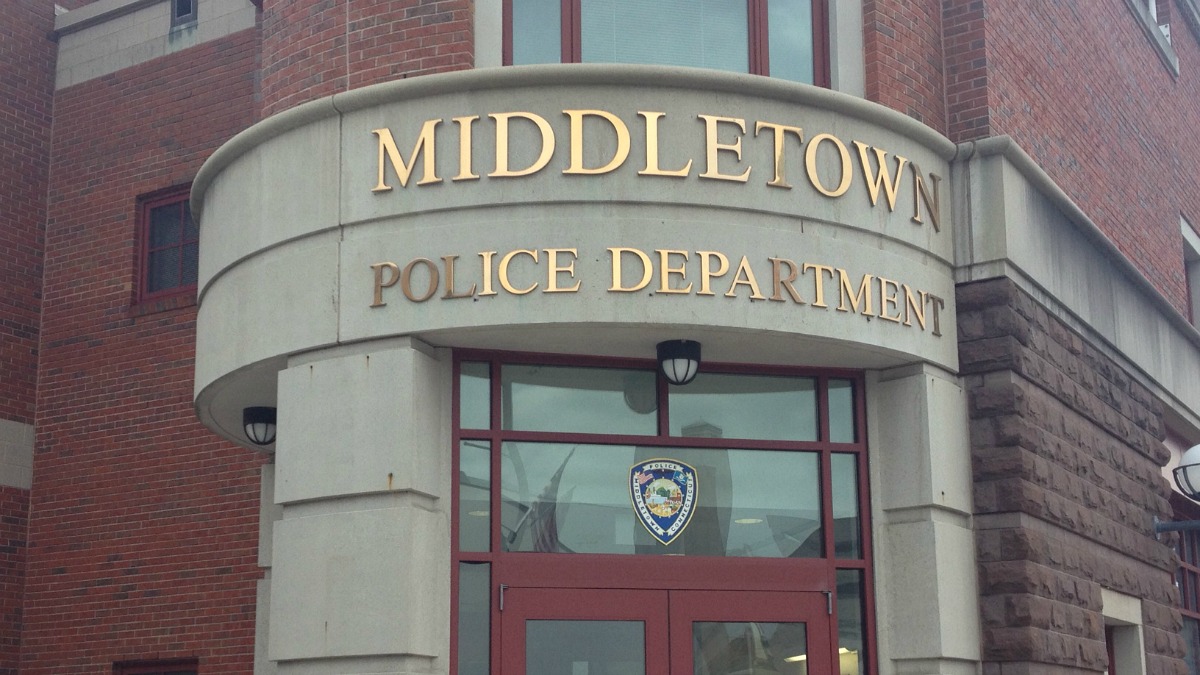The large fall and rise we’ve seen with the stock market from the news of tariffs has given whiplash for people holding retirement accounts. So what should you do with that money, especially if you’re getting close to retirement?
The large fall and rise we’ve seen with the stock market from the news of tariffs has given whiplash for people holding retirement accounts.
So what should you do with that money, especially if you’re getting close to retirement?
Stream Connecticut News for free, 24/7, wherever you are.
“I want to check for better solutions to make the money grow,” Jason Caraballo, of Hartford, said.
“I don’t want to drive myself crazy,” Seth Winfree, of New Britain, said.
Get top local Connecticut stories delivered to you every morning with the News Headlines newsletter.
There’s some anxiety over retirement funds with big losses and gains in the stock market, fueled by developing news over President Donald Trump’s tariffs.
Financial advisor Maggie Johndrow said if you’re close to retirement age, consider splitting your retirement money into three buckets.
One with money for the next one to two years to put in safe options like a stable value fund. Another intermediate bucket with money for five years with a mix of stocks and bonds, and the rest of your money should stay where it currently is.
Local
“You might need to live on this money for 30 years. So, you still need to think of part of this money as super long-term so that you can outpace inflation,” Johndrow said.
For others who aren’t retiring any time soon, financial advisor Ben Fuchs said there’s plenty of time for your funds to keep growing.
“If you're 10 years away, you have plenty of time to recover. Remember, it took five years to get back even from the Great Recession, which is the worst,” Fuchs said.
Both experts say the economy is not in a recession, which is defined as two consecutive quarters of negative gross domestic product growth.
Johndrow said whether a recession happens depends on the impacts of the tariffs. She said it’s normal for markets to have ups and downs and urges people not to panic.
“The recoveries between recessions tend to last a lot longer than the recession themselves,” Johndrow said.
She said the worst thing people can do is to make financial decisions based on emotions.
“Keep calm and to be patient. Patience does reward typically the long-term investor,” she said.
Johndrow said a good indicator whether we’re headed for a recession would be if unemployment rises. So far, that number has held steady.



